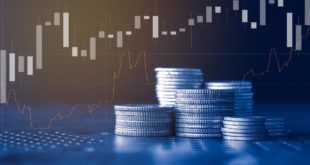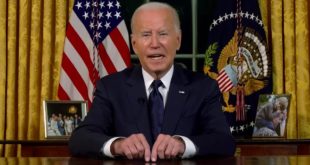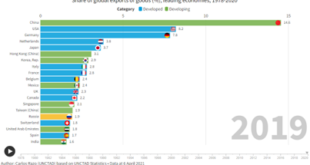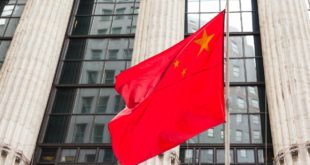Is a true populist US government on the horizon? Probably not. Original Article: The Spirit of the Establishment Will Thrive under a “Populist Opposition” Government [embedded content] Tags: Featured,newsletter
Read More »A Fed-Induced “Neutral” Interest Rate Is a Contradiction in Terms
The New York Federal Reserve said on Tuesday, September 5, 2023, that the estimate for the neutral rate for Q2 has eased to 0.57 percent from 0.68 percent in Q1. Analysts typically translate that rate into a real-world setting by adding the neutral rate to the Fed’s 2 percent inflation target. The current reading suggests that a federal funds rate of around 2.5 percent would represent a neutral setting. Given that the Fed’s current target rate range is between 5.25...
Read More »The Objective Science of Subjective Value
While most economists admit that value is subjective, they still err by concentrating on scarcity and choice instead of purposeful action by individuals. Original Article: The Objective Science of Subjective Value [embedded content] Tags: Featured,newsletter
Read More »Turkey Is Sustaining Major Inflation. Something Has to Give
Bloomberg reports that price inflation in Turkey was more than 60 percent in September. The 61.5 percent reading was released by the Turkish government’s statistical office. Being on the ground in Turkey for Hans-Hermann and Gülçin Hoppe’s Property and Freedom Society meeting, I can say the vibe was not hyperinflationary. The shelves are not empty and the port city of Bodrum is booming. Professor Hoppe told the crowd Bodrum has grown from a population of fifty...
Read More »Thanks to the Combination of the Fed and IP, Snow White 2024 Is a Terrible Movie
Because Federal Reserve policies distort the economy and create perverse incentives, Disney also must deal with intellectual property issues. The combination of the two will ruin the Snow White story. Original Article: Thanks to the Combination of the Fed and IP, Snow White 2024 Is a Terrible Movie [embedded content]...
Read More »Don’t Fall for Biden’s Latest Talking Point
As the long-hyped Ukrainian counteroffensive against Russia stalls and a new war in Gaza draws the world’s attention, American support for funding Kyiv’s war has waned. In an effort to reverse this, the Biden administration is changing its messaging. A Politico report from last week details how White House aides are now telling members of Congress to sell Americans the lie that continuing to send money and weapons to Ukraine is good for the economy. President Joe...
Read More »How German Exports Lost the Race with China
Germany is the euro area’s economic powerhouse and most competitive economy. It accounts for close to 30 percent of the euro area gross domestic product (GDP) and has recorded sizable current account surpluses since the introduction of the euro. Substantial fiscal and labor market reforms in the early 2000s propelled the German economy. However, these golden days seem all gone now. Years of misguided energy policies—part of the government’s interventionist green...
Read More »A Rothbardian Critique of Effective Altruism
"Effective altruism" has become a buzzword with modern progressives who seek to combine state power and billionaire-funded nonprofits to redirect resources. Original Article: A Rothbardian Critique of Effective Altruism [embedded content] Tags: Featured,newsletter
Read More »China’s Inefficient and Unsustainable Central Planning
Over one hundred years ago, Ludwig von Mises wrote about the impossibility of successful rational economic planning under socialism. Yet China is still trying, even while its blend of markets and socialism results in shortages and surpluses. This article examines three contemporary initiatives spearheaded by Xi Jinping, each marked by an inherent problem: food insecurity, the aging crisis, and the real-estate bubble. Each problem was created by legislation and is...
Read More »The Inherent Evils of Centrism
Most people will claim to be political and social “moderates” yet actually accept extreme socialist viewpoints. Original Article: The Inherent Evils of Centrism [embedded content] Tags: Featured,newsletter
Read More » Swiss Economicblogs.org
Swiss Economicblogs.org





